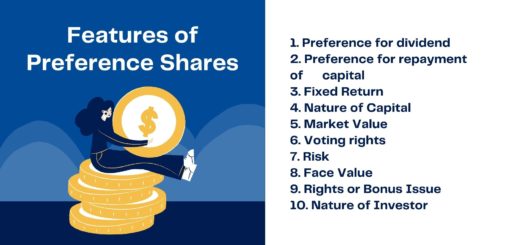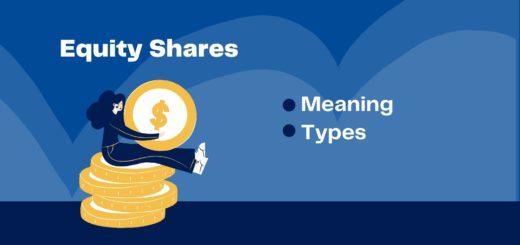Demand Determinants (10 Points) | Free Economic Blogs
Table of Contents
Demand Determinants

Meaning of Demand
In ordinary language, demand means a desire. Desire means an urge to have something.
In Economics, demand means a desire which is backed by a willingness and ability to pay.
For example, if a person has the desire to purchase a television set but does not have adequate purchasing power then it will be simply a desire and not a demand.
Thus, demand is an effective desire. All desires are not demand.
In short,
Demand = Desire + Willingness to Purchase + Ability to Pay.
- Microeconomic Definition | Historical Review of Microeconomics
- Scope Or Nature of Microeconomics
- Features of Microeconomics
- Importance of Microeconomics
Definition of Demand
According to Benham, “the demand for anything at a given price is the amount of it, which will be bought per unit of time at that price.”
Thus, following are the features of demand :
1) Demand is a relative concept.
2) Demand is essentially expressed with reference to time and price.
Demand Determinants
The demand for goods is determined by the following factors.
1) Price
Price determines the demand for a commodity to a large extent. Consumers prefer to purchase a product in large quantities when price of a product is less and they purchase a product in small quantities when price of a product is high.
2) Income
Income of a consumer decides purchasing power which in turn influences the demand for the product. Rise in income will lead to a rise in demand for the commodity and a fall in income will lead to
a fall in demand for the commodity.
3) Prices of Substitute Goods
If a substitute good is available at a lower price then people will demand cheaper substitute good than costly good. For example, if the price of sugar rises then demand for jaggery will rise.
4) Price of Complementary Goods
Change in the price of one commodity would also affect the demand for other commodity. For example, car and fuel. If the price of fuel rises, then demand for cars will fall.
5) Nature of product
If a commodity is a necessity and its use is unavoidable, then its demand will continue to be the same irrespective of the corresponding price. For example, medicine to control blood pressure.
6) Size of population
The larger the size of population, greater will be the demand for a commodity, and smaller the size of population smaller will be the demand for a commodity.
7) Expectations about future prices
If the consumer expects the price to fall in future, he will buy less in the present at the prevailing price. Similarly, if he expects the price to rise in future, he will buy more in the present at the prevailing price.
8) Advertisement
Advertisement, sales promotion schemes and effective salesmanship tend to change the preferences of the consumers and lead to demand for many products. For example, cosmetics, toothbrushes etc.
9) Tastes, Habits and Fashions
Taste and habits of a consumer influence the demand for a commodity. If a consumer likes to eat chocolates or consume tea, he will demand more of them. Similarly, when a new fashion hits the market, the consumer
demands that particular type of commodity. If a commodity goes out of fashion then suddenly the demand for that product tends to fall.
10) Level of Taxation
High rates of taxes on goods or services would increase the price of the goods or services. This, in turn would
result in a decrease in demand for goods or services and vice-versa.


